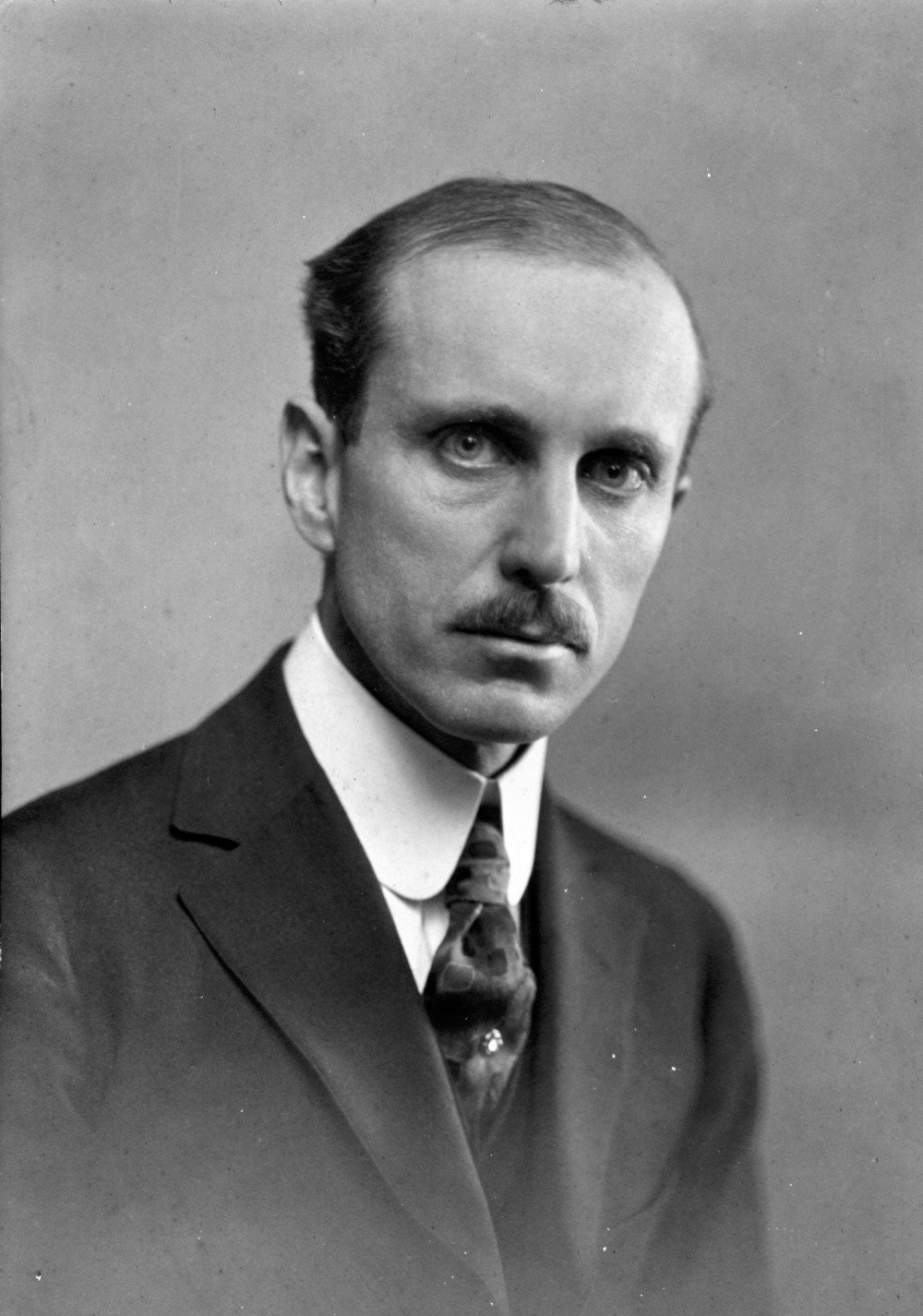
Wonderful 100: Pioneer Ecologist B. W. Wells at NC State
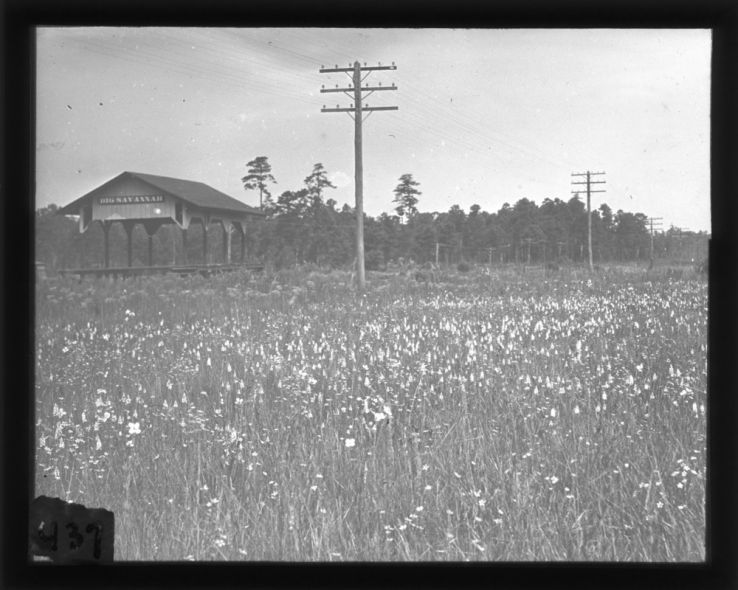
One hundred years ago in 1919, B. W. (Bertram Whittier) Wells arrived at NC State College (now University) as head of the Dept. of Botany (which later became part of the Dept. of Plant and Microbial Biology). Wells (1884-1978) was dept. chair until 1949, and he taught until 1954. Before coming to NC State, he had studied at Ohio State University, received his doctorate at the University of Chicago, and taught at a number of universities.
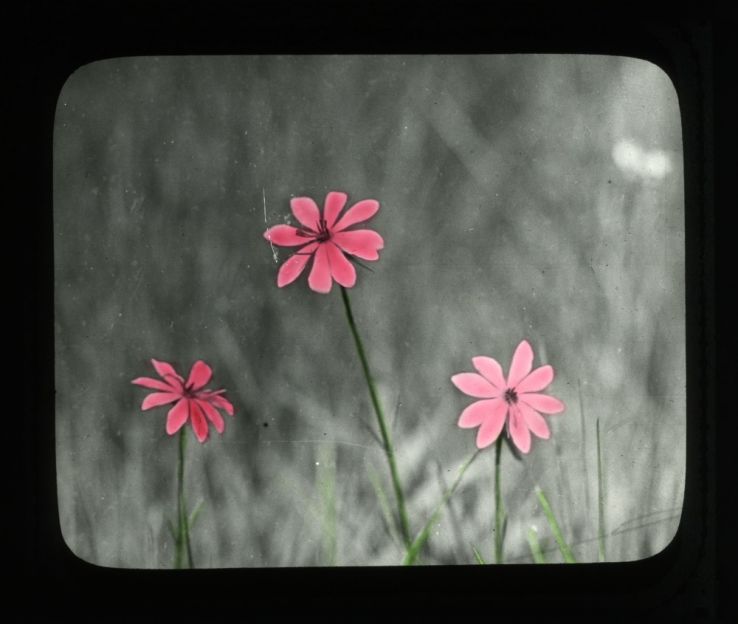
During his thirty-five years at NC State, Wells had a significant impact on scientific study. His research interests included the insect galls of plants, the effects of salt on coastal vegetation, Bald Head Island (N.C.) vegetation, and the possible formation by meteorites of the Carolina Bays of the eastern part of the state. During the 1920s, Wells was a vocal advocate for the teaching of evolution, and he helped prevent the North Carolina state legislature from banning it in the public schools.
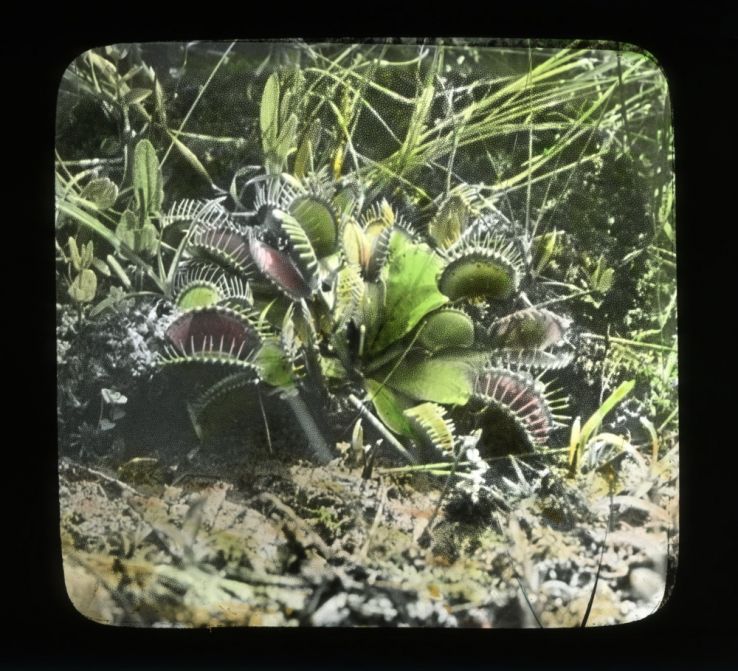
Wells's concern for the environment was evidenced in his teaching, writing, and involvement in botanical and environmental associations. In 1932 he wrote The Natural Gardens of North Carolina (a revised edition is still in print) that describes the plant life of the state and has a particularly forward-looking position on ecology, advocating the study of plants in their natural environments. Wells devoted a chapter to the Big Savannah in Pender County, which he studied extensively and later tried (unsuccessfully) to save from development. After Wells's death, a similar ecological site was discovered nearby, and in 2002 it was dedicated to Wells's memory.
NC State botany professor James R. Troyer wrote a biography of Wells titled Nature's Champion: B. W. Wells, Tar Heel Ecologist (2007). Wells's memory is also honored by the B. W. Wells Association and the B. W. Wells Home and Interpretive Area in the Falls Lake State Recreation Area.
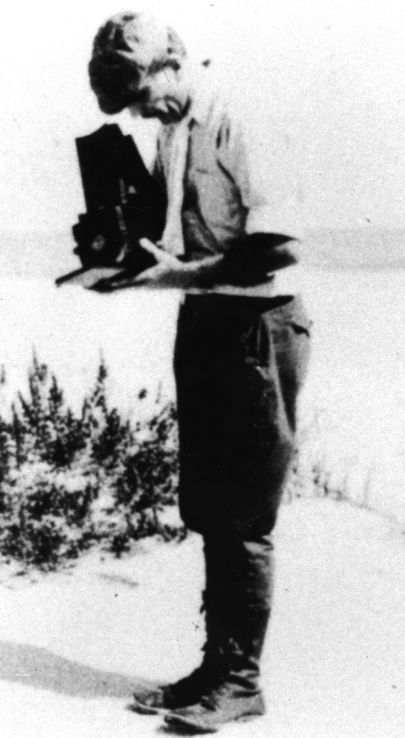
In 2007, the NC State University Libraries created an exhibit on the life and work of Wells (a version is online). The Special Collections Research Center holds an archival collection about Wells, as well as a collection glass lantern slides (many hand-tinted) that Wells used in his lectures (some were reproduced in the first edition of Natural Gardens, and they have been scanned and made available online). There are also 3 oral histories conducted with NC State faculty who knew Wells. To access these materials, please contact the Special Collections Research Center.